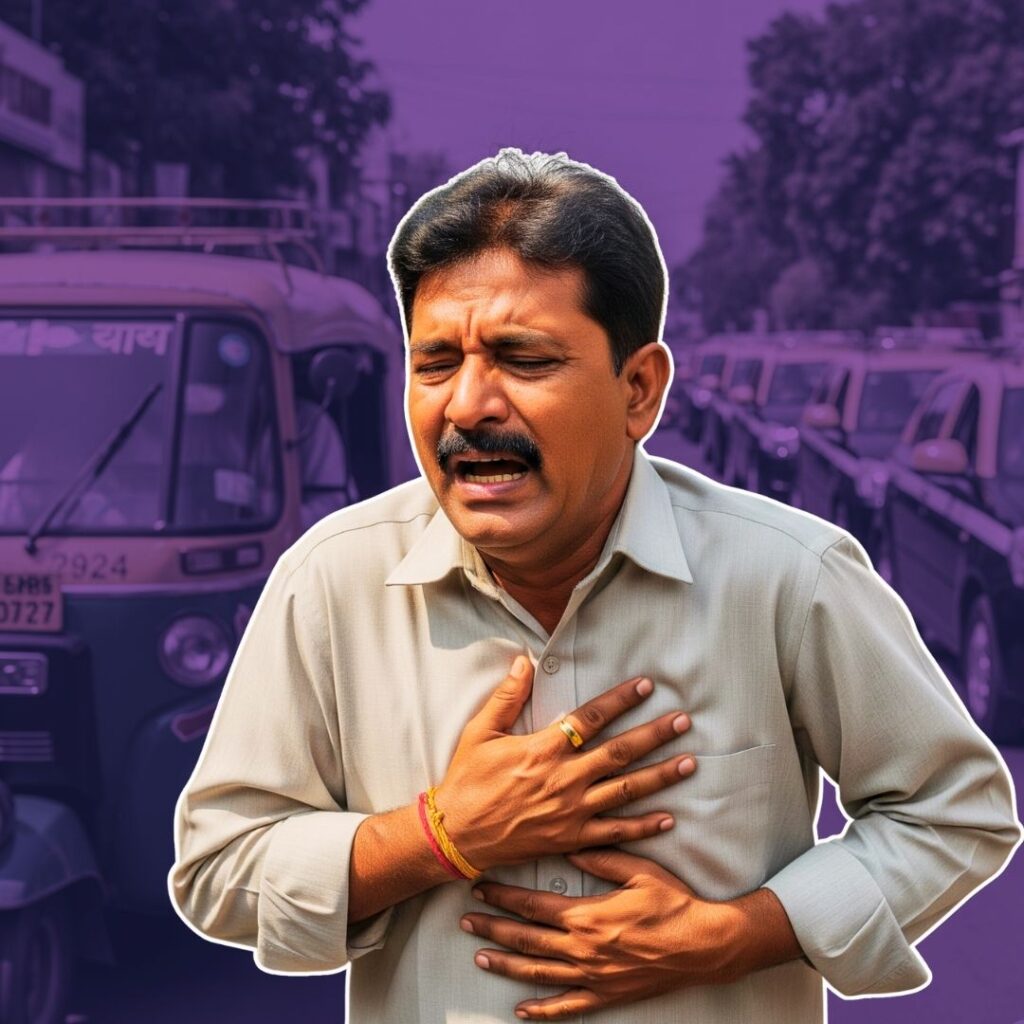Today, the Supreme Court adjourned the hearing on PILs challenging the validity of Article 35A. Article 35A gives the Jammu and Kashmir (J&K) Legislature a carte blanche(complete freedom) to decide who are “permanent residents” of the state and confer on them special rights and privileges in public sector jobs, acquisition of property in J&K, scholarships, and other public aid and welfare.
Both the Centre and J&K sought an adjournment of hearing as a Panchayat election process is underway in the state, as reported by The Times of India.
May refer to a five-judge bench
Chief Justice of India (CJI) Dipak Misra and Justice A M Khanwilkar said that three-judge bench is yet to decide whether the petition challenging Article 35 A is required to be referred to a five-judge bench. As of now, the three-judge bench will be hearing the petition from August 27.
CJI further said that under Article 145, any challenge to the validity of a constitutional provision needs to be adjudicated by a Constitution bench. In this case, it has to be examined, whether or not Article 35A violates the basic structure of the constitution.
Text of Article 35A
Notwithstanding anything contained in this Constitution, no existing law in force in the State of Jammu and Kashmir, and no law hereafter enacted by the Legislature of the State:
defining the classes of persons who are, or shall be, permanent residents of the State of Jammu and Kashmir; or conferring on such permanent residents any special rights and privileges or imposing upon other persons any restrictions as respects: employment under the State Government; acquisition of immovable property in the State; settlement in the State; or right to scholarships and such other forms of aid as the State Government may provide, shall be void on the ground that it is inconsistent with or takes away or abridges any rights conferred on the other citizens of India by any provision of this part.” How did it come about?
Before 1947, J&K was a princely state under the British Paramountcy. The people of the princely states were not British colonial subjects but “state subjects”.
Article 35A was incorporated into the Constitution in 1954 by order of the then President Rajendra Prasad on the advice of the Jawaharlal Nehru Cabinet.
Following the accession of Jammu and Kashmir to the Indian Union on October 26, 1947, the Maharaja, Hari Singh, ceded control over defence, external affairs and communications to the Indian government. The Instrument of Accession and Article 370 of the Constitution of India formalised this relationship.
Discussions for furthering the relationship between the state of J&K and the Union led to the 1952 Delhi Agreement. Here, the governments agreed that Indian citizenship would be extended to all the residents of the state, but the state would be empowered to legislate over the rights and privileges of the state subjects – who would now be called permanent residents.
In his statement to the Lok Sabha on the Delhi agreement, Prime Minister Jawaharlal Nehru said:
“The question of citizenship arose obviously. Full citizenship applies there. But our friends from Kashmir were very apprehensive about one or two matters. For a long time past, in the Maharaja’s time, there had been laws there preventing any outsider, that is, any person from outside Kashmir, from acquiring or holding land in Kashmir. If I mention it, in the old days the Maharaja was very much afraid of a large number of Englishmen coming and settling down there, because the climate is delectable, and acquiring property. So although most of their rights were taken away from the Maharaja under the British rule, the Maharaja stuck to this that nobody from outside should acquire land there. And that continues. So the present Government of Kashmir is very anxious to preserve that right because they are afraid, and I think rightly afraid, that Kashmir would be overrun by people whose sole qualification might be the possession of too much money and nothing else, who might buy up, and get the delectable places. Now they want to vary the old Maharaja’s laws to liberalise it, but nevertheless to have checks on the acquisition of lands by persons from outside. However, we agree that this should be cleared up. The old state’s subjects definition gave certain privileges regarding this acquisition of land, the services, and other minor things, I think, State scholarships and the rest.
So, we agreed and noted this down: ‘The State legislature shall have the power to define and regulate the rights and privileges of the permanent residents of the State, more especially regarding the acquisition of immovable property, appointments to services and like matters. Till then the existing State law should apply.”
Debates surrounding Article 35A A petition currently being perused by the apex court argues that Article 35A is against the “very spirit of oneness of India” as it creates a “class w…











